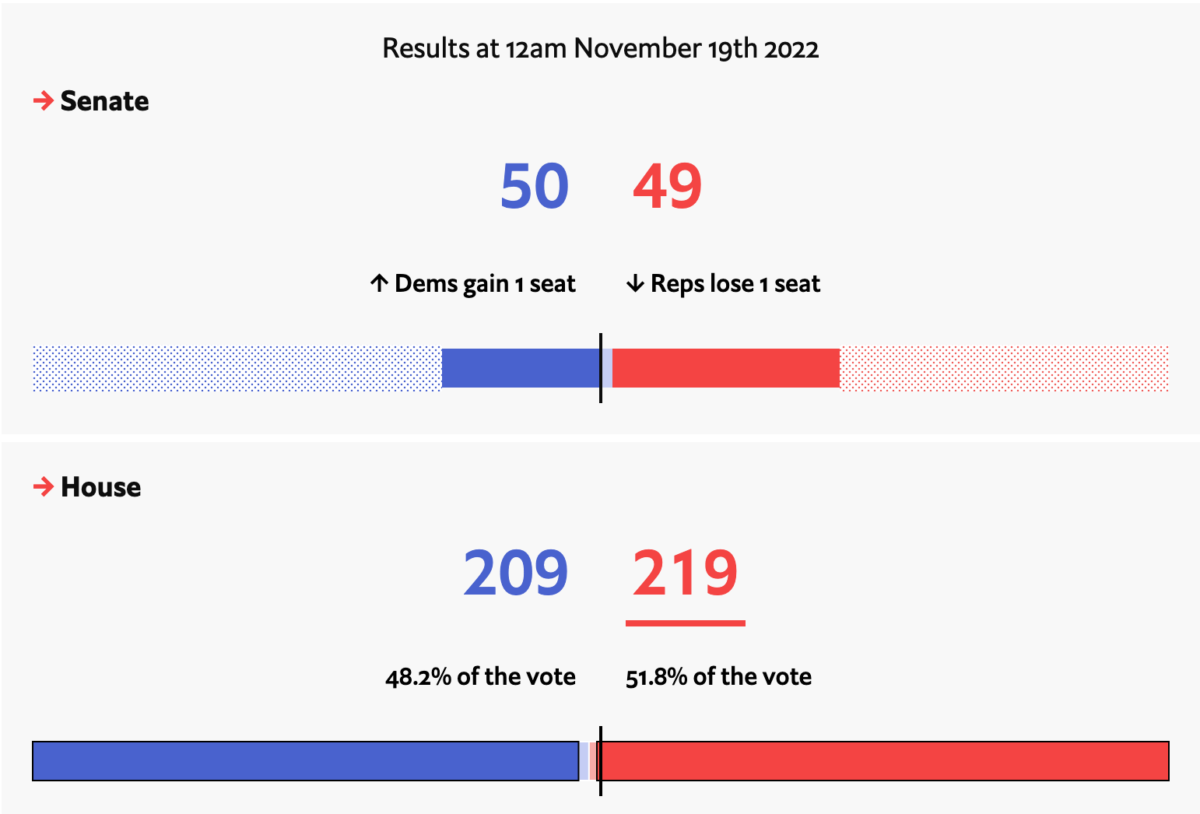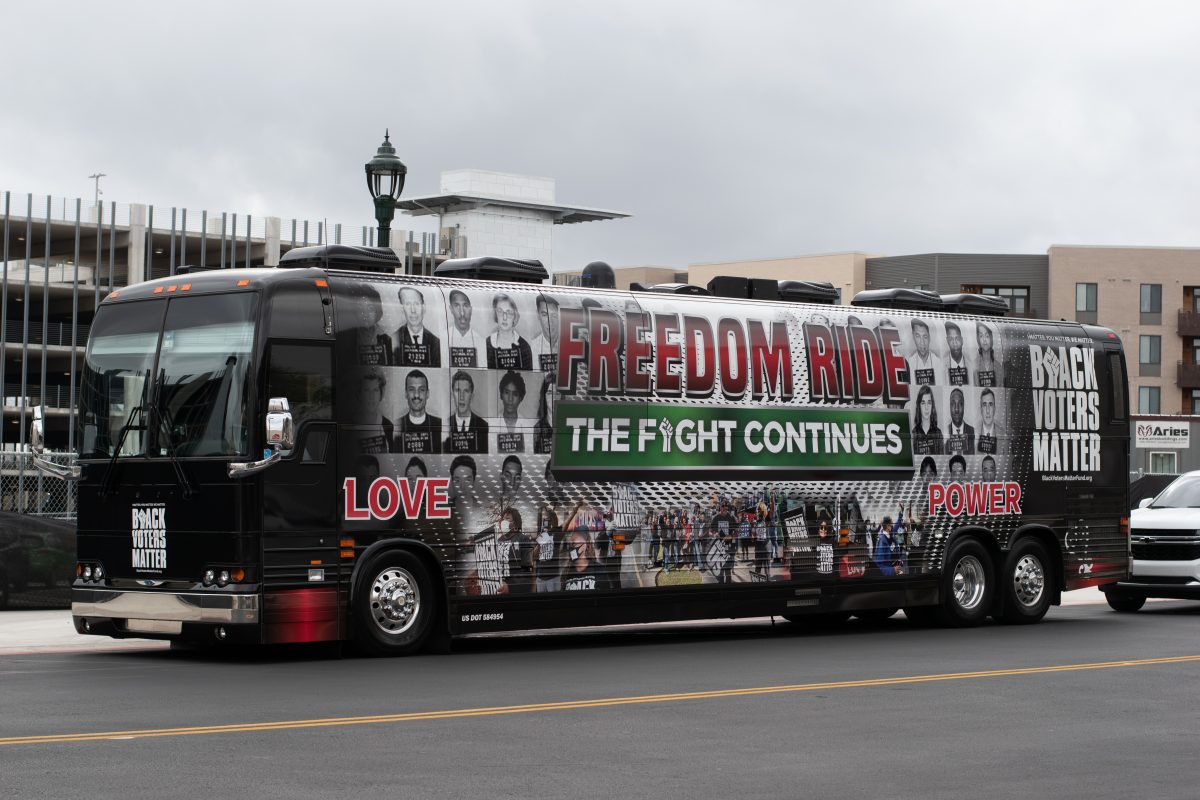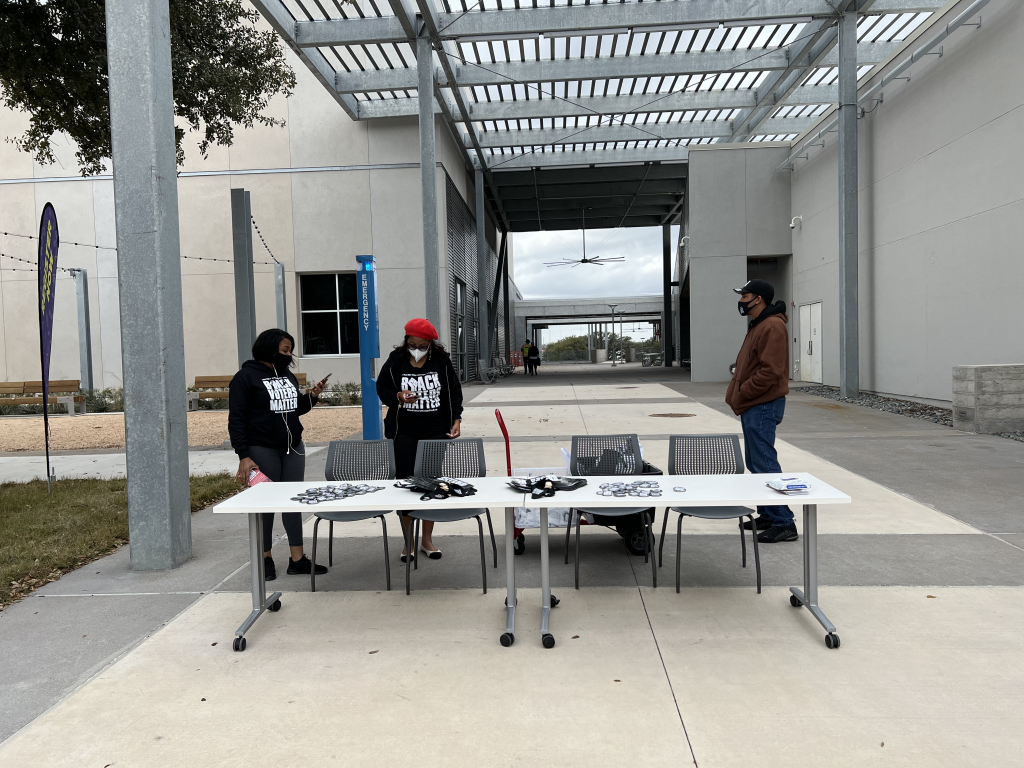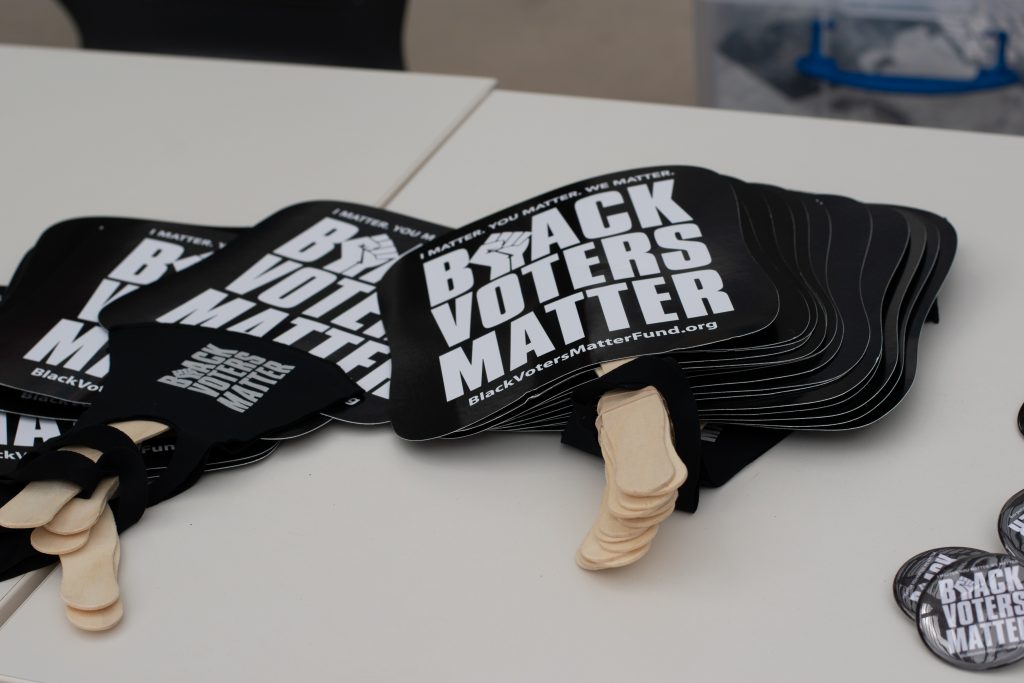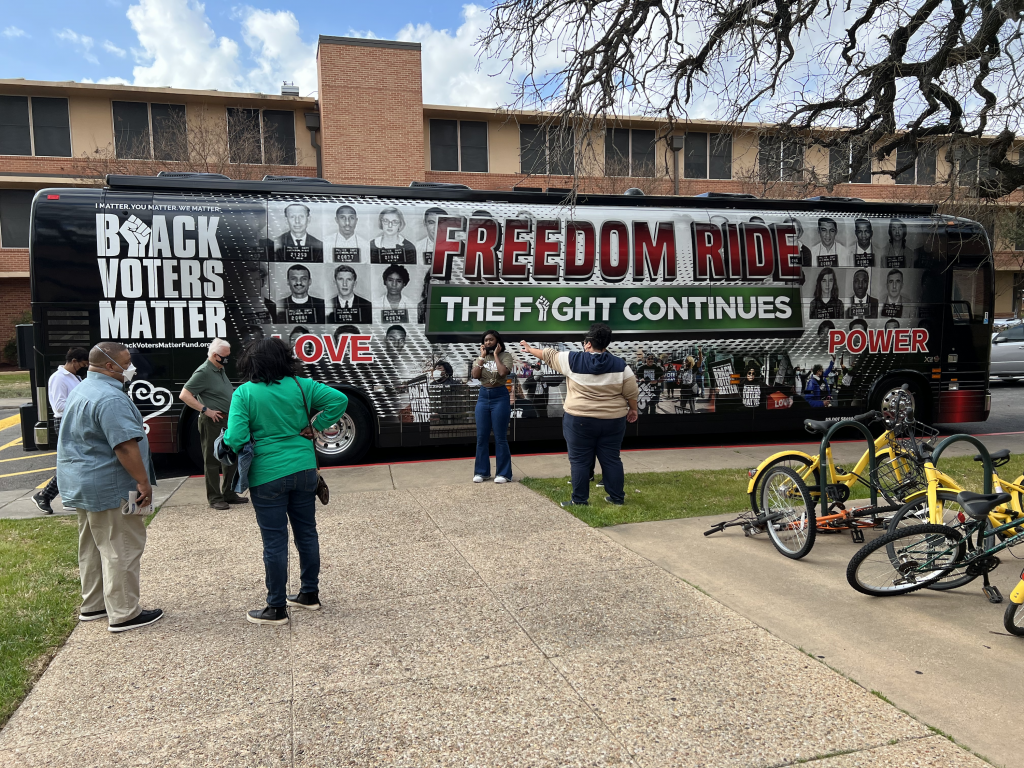Nov. 8 midterm elections were predicted to be a “red wave” of Republicans taking the House and Senate. Instead, we saw more of a trickle due to a record turnout in several key states from youths under 30.
Opinion by Ky Duffey
The U.S. midterm elections occur every two years and are often seen as a referendum of the current President’s performance. And for the past 80 years, Americans have sent a clear message that the President’s performance has sucked at the point of midterms.
Since 1934, every President except two have lost members of their own party in the House and/or Senate. Only two Presidents have defeated the odds by retaining or gaining seats in both chambers: Presidents George W. Bush and now Joe Biden.
During the 2002 midterm elections, President Bush received a bi-partisan rally behind him in the wake of the Sept. 11 attacks. His response to the attacks conjoined with one of the few times in history when we became a united nation bringing both political parties together to not only help him gain seats in the House and Senate, but also overwhelmingly get re-elected two years later.
Here we are now, 20 years later, at the country’s most critical midterm election in recent years. But this time, there is no national event rallying the country behind the President. As a matter of fact, in the week prior to Election Day, Biden’s approval rating was 42%. Even Trump had a 45% approval rating during his midterm at which he lost 40 House seats.
Instead of a terrorist attack, all eyes were on inflation and rising prices this year. That was, until June 24 of this year, when the U.S. Supreme Court ruled that abortion was not a constitutional right during the Dobbs v. Jackson Women’s Health Organization proceedings. The overturn of abortion rights allowed several states to initiate near or total bans on abortion, resulting in outcries from a majority of Americans – over 60%, in fact, who didn’t support the bans.
While abortion was able to propel Democrats ahead in the polls, most Americans had inflation and new talks of crime by Republicans on their mind. It showed in the polls and by election experts that Democrats had a 13% chance of retaining the Senate and an 8% chance of retaining the House. Things started to look grim for Democrats as election night drew near with some Republicans already setting up speeches and stage decorations to announce the new Republican majority in Congress.
Then election night sent a shockwave throughout the country.
A sudden record breaking turnout of a certain demographic of early voters rapidly swung the pendulum in the Democrats favor: young voters.
Yes, people under 25 or Generation Z (GenZ) were the loudest voices in the midterms, placing over a million more votes than other groups and surpassing their turnout record in any previous midterm as well as the 2020 presidential elections. According to dozens of political pundits, GenZ, who normally votes in favor of Democrats, placed more interest in the 2022 midterm election than any prior election.
Due to those turnouts in key states, Democrats were able to defy the odds and not only retain a majority in the Senate, but retain and pick up more seats in the House, narrowing the gap of their minority in the House by just seven votes as of today – a far cry from the 45 or more seat net loss that was predicted just a day before.
In the end, Democrats did manage to lose their majority in the House, but overall, they won the midterms. And they have young voters to thank for this unique achievement.
But why this midterm? Some experts believe abortion rights was a bigger issue among young voters than inflation and high gas prices. Teenage women are more likely to have late abortions than adults, and abortion limits have much more of an impact on a young person than an adult.
Other experts point to the looming shadow of Donald Trump and his influence on the current Republican Party. Trump left quite a stain on voters, especially young voters, as they turned out in record numbers to oust the former president in 2020.
With that being said, has the power dynamics shifted in terms of voter demographics? Will more polls pursue GenZ answers? Will this surge of growing young voters be a continuing trend, or simply a one time rebuttal of certain policies and candidates?
As Republicans scramble with how to approach voters and rebrand themselves before 2024, I recommend Democrat leadership listen to the youth and their needs – they may be the lifeline of the Democrat Party for the foreseeable future.


